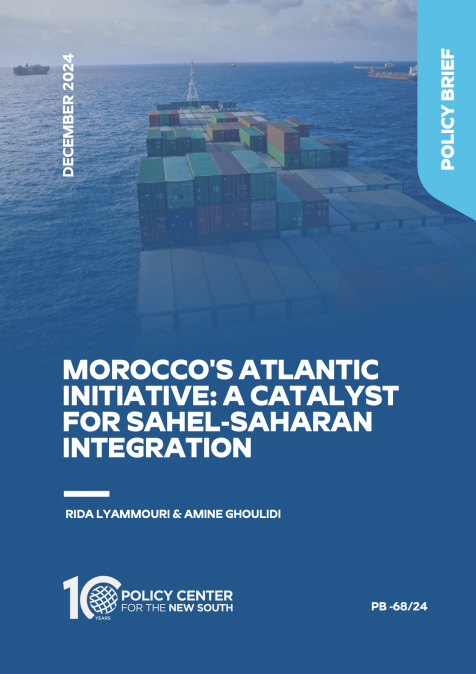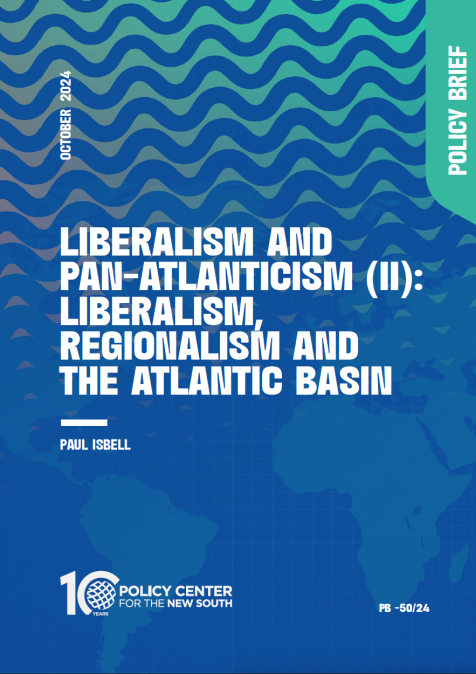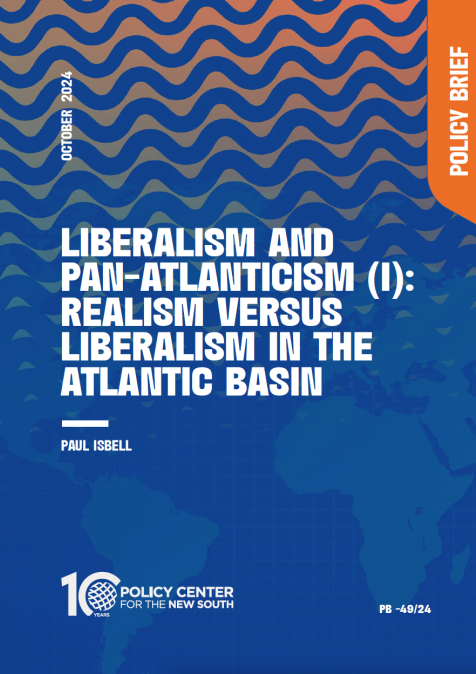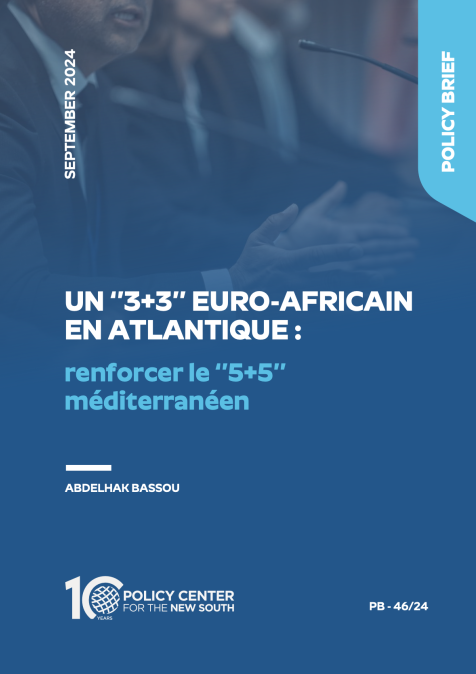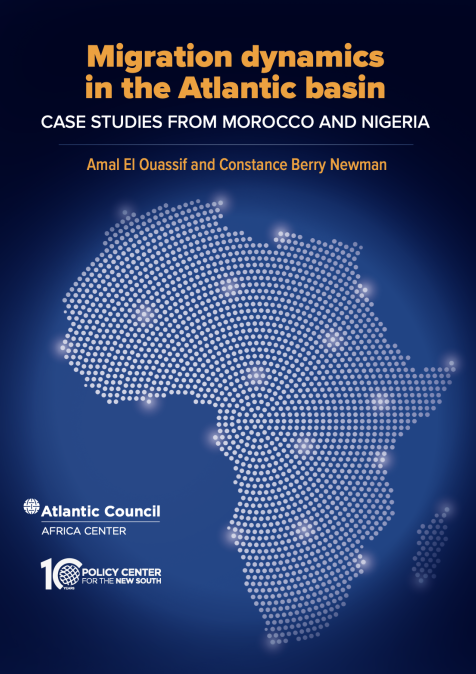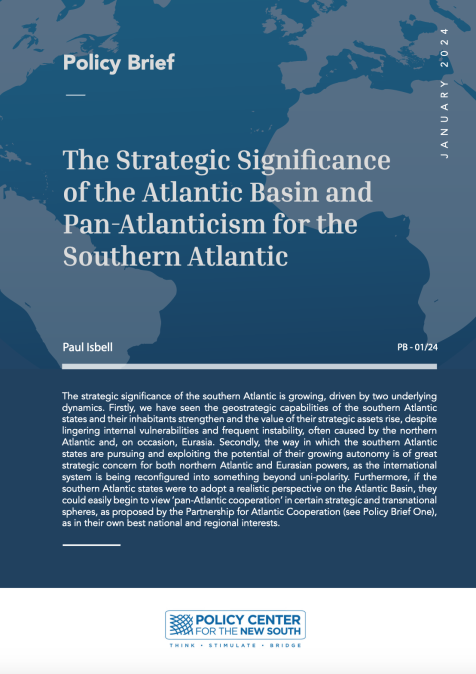Podcasts
Liberalism, Pan-Atlanticism and the Atlantic Basin
Related topics:
The Atlantic Basin holds unique promise as a space for fostering liberal international cooperation amidst growing global fragmentation. Historically dominated by the Northern Atlantic, the basin's potential now extends southward, encompassing Africa, Latin America, and the Caribbean. From a liberal perspective, this region offers an opportunity to renew international order through equitable partnerships, rooted in mutual economic benefit and pan-Atlantic cooperation.
The Southern Atlantic, in particular, provides a platform for economic integration and regional development that challenges traditional North-South divides. This perspective underscores liberalism's emphasis on market-based prosperity and the power of rules-based frameworks to mitigate conflict through interconnected trade and cooperation. Yet, this ambition faces challenges, including the waning influence of global liberal institutions and the rise of alternative blocs like BRICS.
Rather than persisting with unattainable global liberal dominance, pragmatic liberalism advocates for focusing on regional cooperation. By addressing historical inequalities and ensuring meaningful inclusion of Southern Atlantic states, a pan-Atlantic framework can stimulate and articulate Northern Atlantic nearshoring into the Southern Atlantic. This vision reframes the Atlantic Basin as not just a geographic entity but a pivotal arena for liberal resilience and reform in an increasingly multipolar world.


